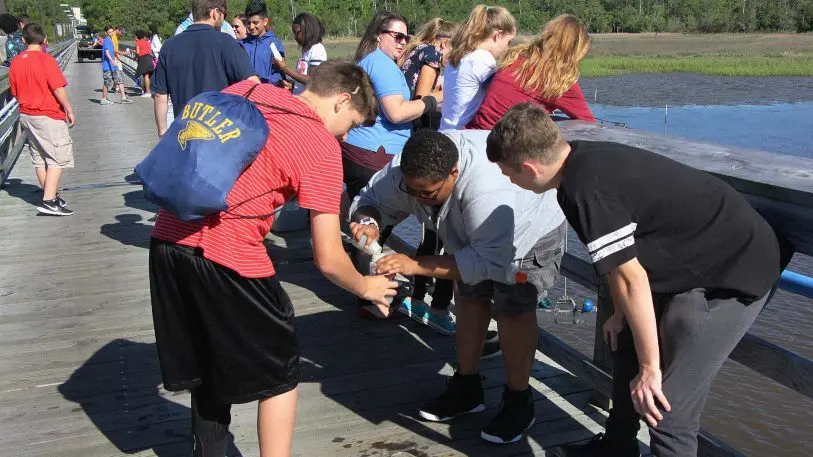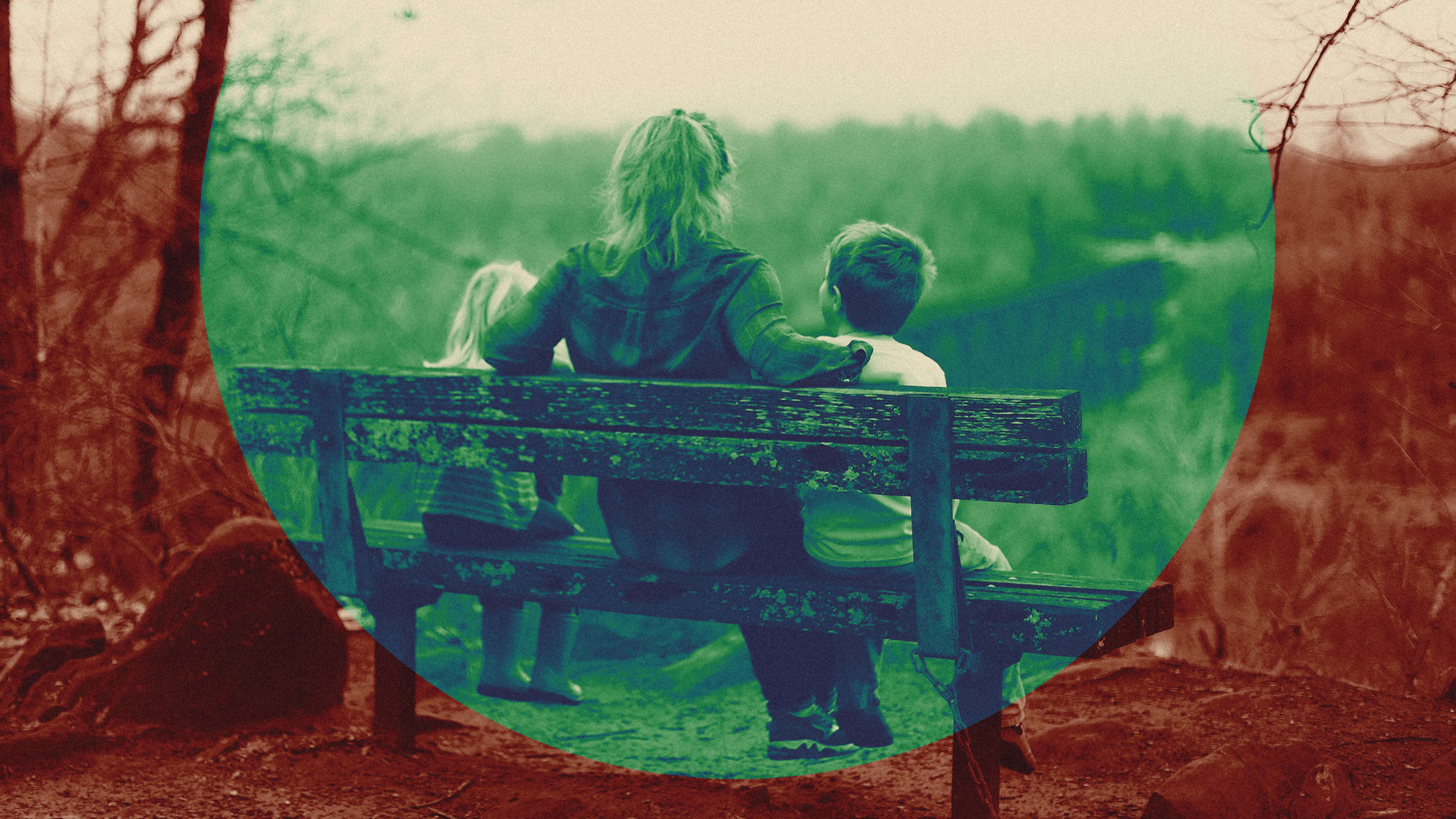Most Americans than ever (73% as of the end of 2018) now understand that climate change is real and is happening. But that still leaves millions who don’t, and attempts to change their minds in the past have often been unsuccessful. The best way to convince them might be children, who seem to be able to accomplish what news articles and advertising campaigns can’t.
In the study, published in in Nature Climate Change, middle school students who were given a special curriculum about climate change were more likely to be concerned about climate change by the end of the school year than peers in other classes that only learned about climate as part of the state curriculum. But perhaps most critically, the parents of kids who got the special curriculum were also more likely to be concerned about climate change by the end of the year–particularly conservative parents who might have been least likely to change their minds in the past.

In the classes, students living in coastal North Carolina–which faces threats from sea-level rise and stronger hurricanes because of climate change–worked on projects related to local wildlife, such as monitoring sea turtle nests, and participated in a community-based project. They weren’t asked to convince their parents about the facts of climate change, but they interviewed their parents about changes in sea-level rise or weather patterns that the parents had observed in their own lifetimes, something that the researchers hoped would naturally lead to more conversation.
Students who had the new curriculum were more than three times more concerned about climate change, compared to students in a control group of classes that studied climate through the standard state lessons. Among parents, the biggest change happened with those who expressed conservative political views. It may have been successful, the researchers say, because kids typically don’t think about climate change ideologically, and because of the level of trust between parents and children.
Young students tend to approach the issue without the political bias of adults. “Kids really just engage with climate change differently when they’re forming their perceptions, which is probably not surprising when you look at the actions kids are taking across the globe right now about climate change,” says Danielle Lawson, the lead author of the study and a doctoral student at North Carolina State University.
The approach has a “dual benefit,” says Lawson. “What I mean by that is it’s preparing kids for the future, because they are going to have to deal with the brunt of climate impacts. But by authentically engaging them–they may not have political power, in the traditional sense in that they are not a voting age yet. And they may not have much monetary power yet. But it really seems to help give them the scaffolding to help empower the efforts that they’re already making to help bring us all together to work toward solutions.”
Recognize your brand’s excellence by applying to this year’s Brands That Matter Awards before the early-rate deadline, May 3.
